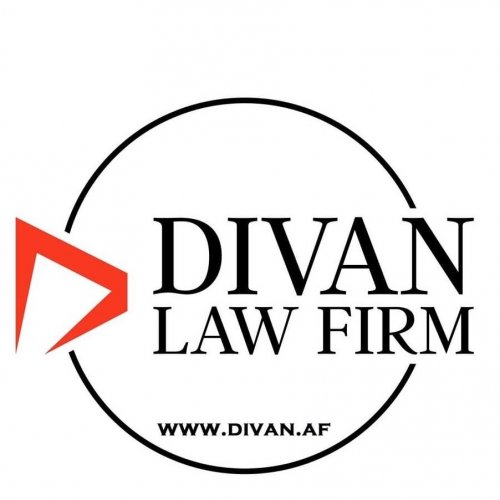Best Domestic Violence Lawyers in Kabul
Share your needs with us, get contacted by law firms.
Free. Takes 2 min.
Free Guide to Hiring a Family Lawyer
List of the best lawyers in Kabul, Afghanistan
About Domestic Violence Law in Kabul, Afghanistan
Domestic violence is a serious issue in Kabul, Afghanistan, with many individuals experiencing abuse within their own homes. The law in Kabul recognizes domestic violence as a criminal offense and provides legal protections for victims.
Why You May Need a Lawyer
If you are a victim of domestic violence in Kabul, you may require a lawyer to help you navigate the legal system. A lawyer can assist you in obtaining a restraining order, filing criminal charges against your abuser, and seeking compensation for any injuries or damages you have suffered.
Local Laws Overview
The laws in Kabul related to domestic violence are primarily outlined in the Law on the Elimination of Violence Against Women (EVAW Law). This law criminalizes various forms of abuse, including physical, emotional, and sexual violence, and provides legal remedies for victims.
Frequently Asked Questions
1. What qualifies as domestic violence under Afghan law?
Domestic violence under Afghan law includes physical, sexual, emotional, and economic abuse perpetrated by a family member or intimate partner.
2. How can I report domestic violence in Kabul?
You can report domestic violence to the police, who are obligated to investigate the matter and take appropriate legal action against the abuser.
3. Can I obtain a restraining order against my abuser in Kabul?
Yes, you can seek a restraining order through the courts in Kabul to protect yourself from further abuse.
4. What legal protections are available to victims of domestic violence in Kabul?
Victims of domestic violence in Kabul can access support services, legal assistance, and shelters through various government and non-governmental organizations.
5. What are the penalties for committing domestic violence in Kabul?
Perpetrators of domestic violence in Kabul can face criminal charges, imprisonment, and fines under the EVAW Law.
6. Can I receive compensation for damages caused by domestic violence in Kabul?
Victims of domestic violence in Kabul may be entitled to compensation for medical expenses, emotional distress, and other damages caused by the abuse.
7. Are there legal aid services available for victims of domestic violence in Kabul?
Yes, there are legal aid services available in Kabul to help victims of domestic violence access legal assistance and support.
8. Can I seek a divorce from my abusive spouse in Kabul?
Yes, you can seek a divorce from your abusive spouse in Kabul through the family court system.
9. What can I do if I am threatened or intimidated by my abuser in Kabul?
You can seek protection from the police and the courts in Kabul by reporting the threats and seeking legal remedies, such as a restraining order.
10. How can I access support services for domestic violence in Kabul?
You can contact local organizations, such as the Afghan Women's Network or the Ministry of Women's Affairs, for support services and resources related to domestic violence.
Additional Resources
For additional resources related to domestic violence in Kabul, you can contact the following organizations:
- Afghan Women's Network: www.afghanwomensnetwork.org
- Ministry of Women's Affairs: www.mowa.gov.af
Next Steps
If you are in need of legal assistance for domestic violence in Kabul, it is important to seek help immediately. Contact a trusted lawyer or organization that specializes in domestic violence to guide you through the legal process and protect your rights.
Lawzana helps you find the best lawyers and law firms in Kabul through a curated and pre-screened list of qualified legal professionals. Our platform offers rankings and detailed profiles of attorneys and law firms, allowing you to compare based on practice areas, including Domestic Violence, experience, and client feedback.
Each profile includes a description of the firm's areas of practice, client reviews, team members and partners, year of establishment, spoken languages, office locations, contact information, social media presence, and any published articles or resources. Most firms on our platform speak English and are experienced in both local and international legal matters.
Get a quote from top-rated law firms in Kabul, Afghanistan — quickly, securely, and without unnecessary hassle.
Disclaimer:
The information provided on this page is for general informational purposes only and does not constitute legal advice. While we strive to ensure the accuracy and relevance of the content, legal information may change over time, and interpretations of the law can vary. You should always consult with a qualified legal professional for advice specific to your situation.
We disclaim all liability for actions taken or not taken based on the content of this page. If you believe any information is incorrect or outdated, please contact us, and we will review and update it where appropriate.








